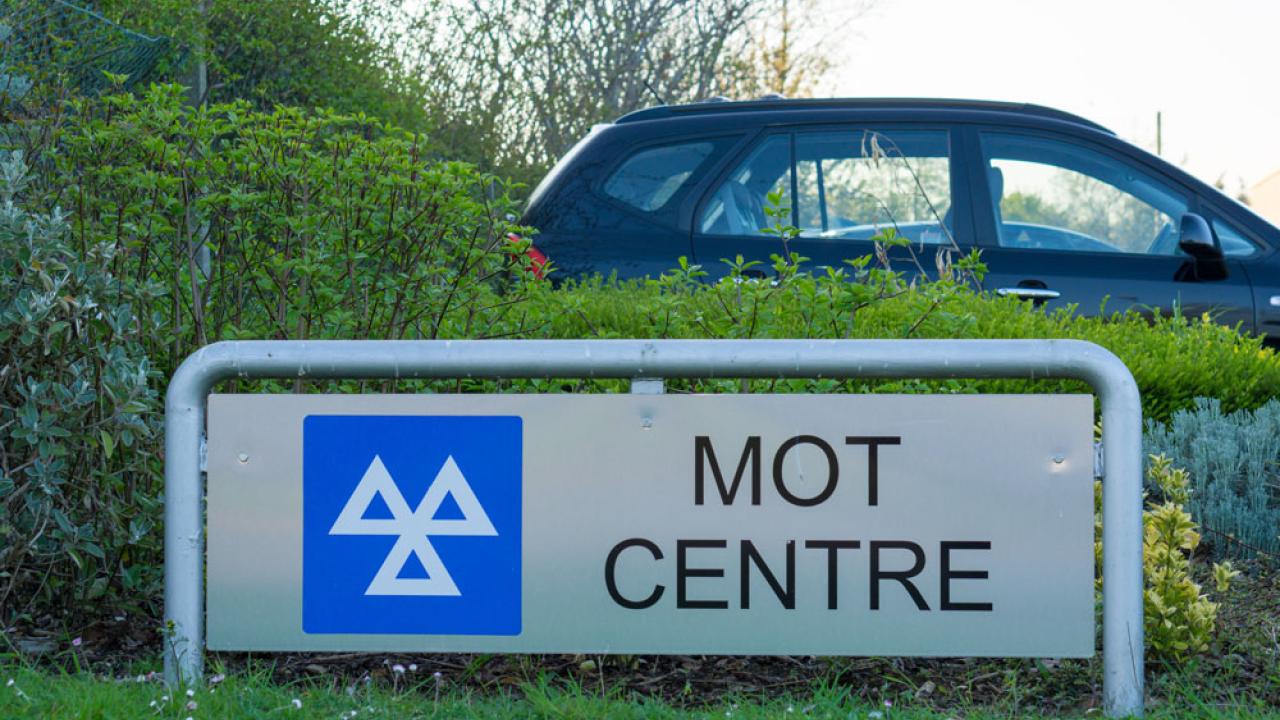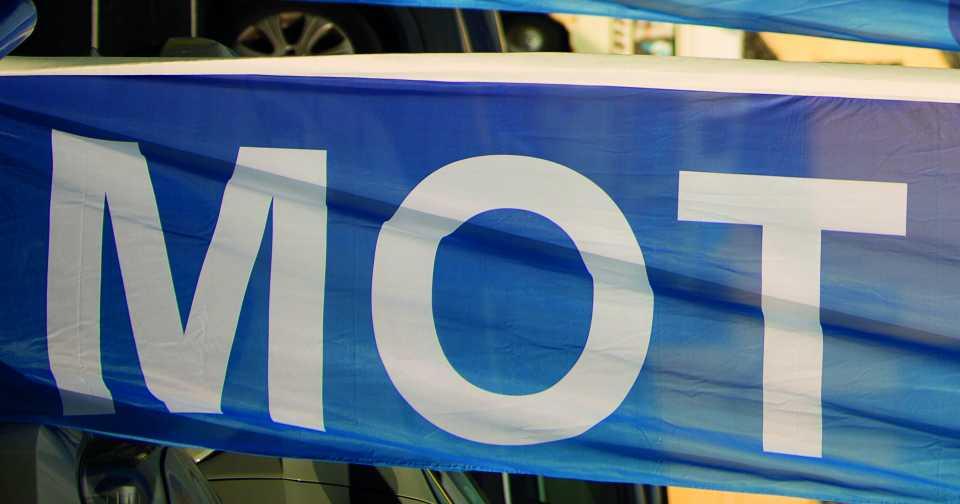The Association of Fleet Operators (AFP) is calling for an official deferral for MOTs on 4.25 tonne electric vans, following several fleets finding it “impossible” to book tests.
This special category of vans is treated as a heavy good vehicle (HGV) during MOTs, so it must be tested after one year rather than three, as well as having a stricter test.
Aaron Power, fleet and logistics director at Speedy Hire, has been affected by these regulations and worries his company will need to take some of their units off the road.
He explained: “These 4.25 tonne vans require a Class 7 HGV MOT test and, between generally poor capacity for HGV testing and few test centres being able to handle electric vehicles, we’re finding it impossble on a practical level to book tests. Our lease provider has spent the last three months trying to find garages with the ability to carry out the pre-testing and source available slots for the test with limited success.
“This is going to have a serious impact on our business because we’re going to have to take these vans off the road and no doubt many other fleets are finding themselves in the same situation.”
Lorna McAtear, vice chair at the AFP, said: “As an organisation and at an individual member level, we’re very much focussed on safety and of course recognise the role that the MOT test plays in ensuring that vehicles operated by fleets are in a roadworthy condition.
“However, it’s questionable whether 4.25 tonne electric vans require HGV tests, an argument we have been making to government for some time. The whole point of this category of van when it was introduced in 2019 was to provide easy access for fleets to an electric equivalent of a 3.5 tonne panel van. These vehicles are simply 3.5 tonne vans with bigger batteries.
“The difficulties members are encountering around their inability to book MOT testing only emphasises this confusion. While the situation is being resolved, we would like to see government and the official bodies involved introduce some form of dispensation, similar to that created during the pandemic, allowing fleets to defer tests for a period of perhaps six or 12 months on 4.25 tonnes for the first and second year of testing, giving them time to find and book testing facilities. It is disappointing that business working in good faith to electrify their light commercial vehicle operations are being affected in this manner.”
She also added that problems still remained, even though the government were willing to try fix the problems surrounding 4.25 tonne vans.
“As a result of discussions between the Office for Zero Emissions, Drive Vehicles Standards Authority and Department for Transport, the operation of these vans on a practical level is often difficult for fleets due to confusion over whether they have been deregulated from all of the operator responsibilities that normally apply to vans over 3.5 tonnes.
“The government is aware of this and is trying to resolve the situation through the current consultation because there remains widespread belief that the 4.25 tonne concept remains worth pursuing as a means of speeding up van electrification. However, this process is taking time.”



